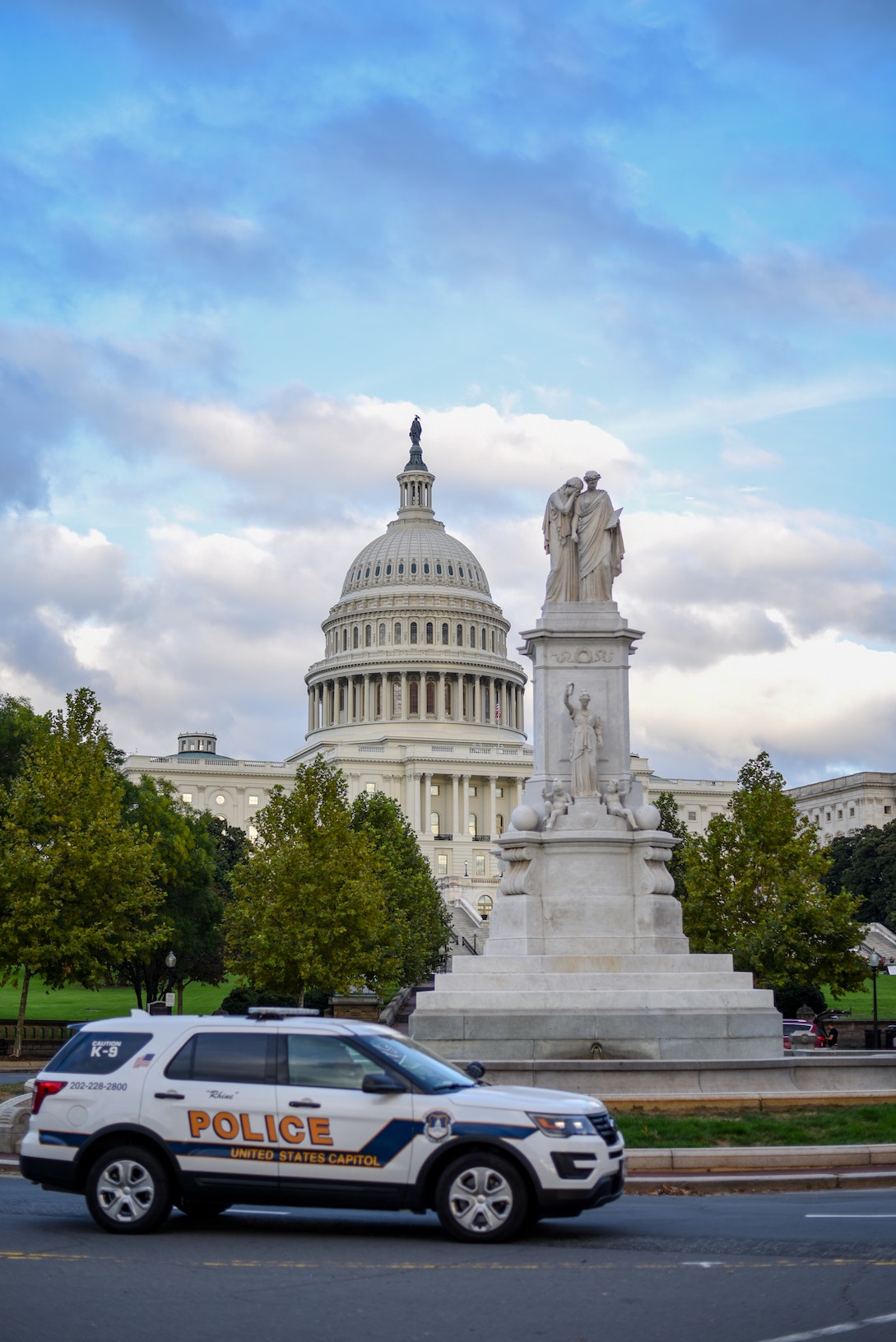The Biden administration has confirmed that a looming government shutdown this weekend could disrupt the steady flow of critical economic information, potentially impacting the Federal Reserve’s next interest-rate decision scheduled for November.
The heart of the government’s economic data apparatus, the Bureau of Labor Statistics (BLS), is set to shutter its operations entirely if the shutdown materializes, forcing all 2,350 employees to be sent home, as revealed in a newly unveiled contingency plan.
One immediate consequence of the shutdown would be the suspension of the eagerly anticipated September jobs report, which had been scheduled for release next Friday. Additionally, the release of the Consumer Price Index (CPI) reading, originally slated for October 12, would also be postponed indefinitely, according to a White House official.
The potential data drought extends beyond the BLS, as the Commerce Department’s Bureau of Economic Analysis (BEA) plans to cease operations, maintaining only a skeletal staff of 10 during the shutdown. The BEA is responsible for publishing the Personal Consumption Expenditures price index, widely regarded as the Federal Reserve’s preferred measure of inflation, and it releases estimates of gross domestic product.
Several other critical data sources are also poised to temporarily halt in the event of a Capitol Hill gridlock. Weekly unemployment insurance claims compiled by the BLS would grind to a halt, and the Census Bureau would suspend most of its operations, including economic census data, economic indicators, and the American Community Survey.
This impending information void could have far-reaching consequences, affecting economists both inside and outside the Federal Reserve who rely on these data streams to monitor and analyze the nation’s economic trajectory. Even Social Security beneficiaries might feel the repercussions, as the shutdown threatens the timely adjustments to their 2024 benefits.
The Social Security program traditionally announces its annual cost-of-living adjustment for recipients in October, with elements of the September CPI report typically serving as the final data point for these calculations. In a contingency plan released last month, the Social Security Administration outlined that three of their 50 actuaries would remain on duty during a shutdown to complete the necessary work for the cost of living adjustment. However, it remains uncertain whether the agency would proceed with an adjustment during a shutdown.
Requests for clarification from Biden administration officials regarding the potential impact on the cost of living adjustment process went unanswered.
Despite the looming uncertainty, Americans can rest assured that Social Security checks will continue to be distributed during any shutdown, and basic Social Security services should remain accessible. These functions are insulated from annual appropriations. However, some Social Security Administration functions depend on annual Congressional funding, and employees in those areas may face furloughs this weekend.
While private economic data will continue to be available, a slowdown in government data releases could significantly reduce the information at the disposal of the Federal Reserve as it contemplates future interest rate decisions.
Federal Reserve Chair Jerome Powell acknowledged last week that the central bank is “awaiting further data” to inform its decision on whether to raise interest rates before the end of the year. When asked about the potential data shortage, Powell noted that the Fed would have to “deal with that” and expressed uncertainty about how it might impact the Fed’s upcoming meeting scheduled to begin on October 31, with an interest rate decision expected on November 1.
The severity of the disruption will largely depend on the duration of the shutdown. A brief halt in government operations may allow for a relatively swift resumption of data collection and economic releases. However, a prolonged funding gap could jeopardize not only the timing of crucial data releases but also the collection of data itself, leaving thousands of government employees in limbo.
With lawmakers in a deadlock and Goldman Sachs estimating a 90% probability of a shutdown this weekend, some degree of disruption appears increasingly likely. The ramifications of such a shutdown could ripple through the nation’s economic landscape, affecting policymakers, economists, and citizens alike.
The looming threat of a government shutdown poses a critical challenge for the Biden administration, potentially disrupting vital economic data flow and casting a shadow over the Federal Reserve’s upcoming decisions. As lawmakers remain at an impasse, the administration faces the urgent task of finding a resolution to ensure the stability and continuity of essential government functions.
Source: Yahoo Finance



